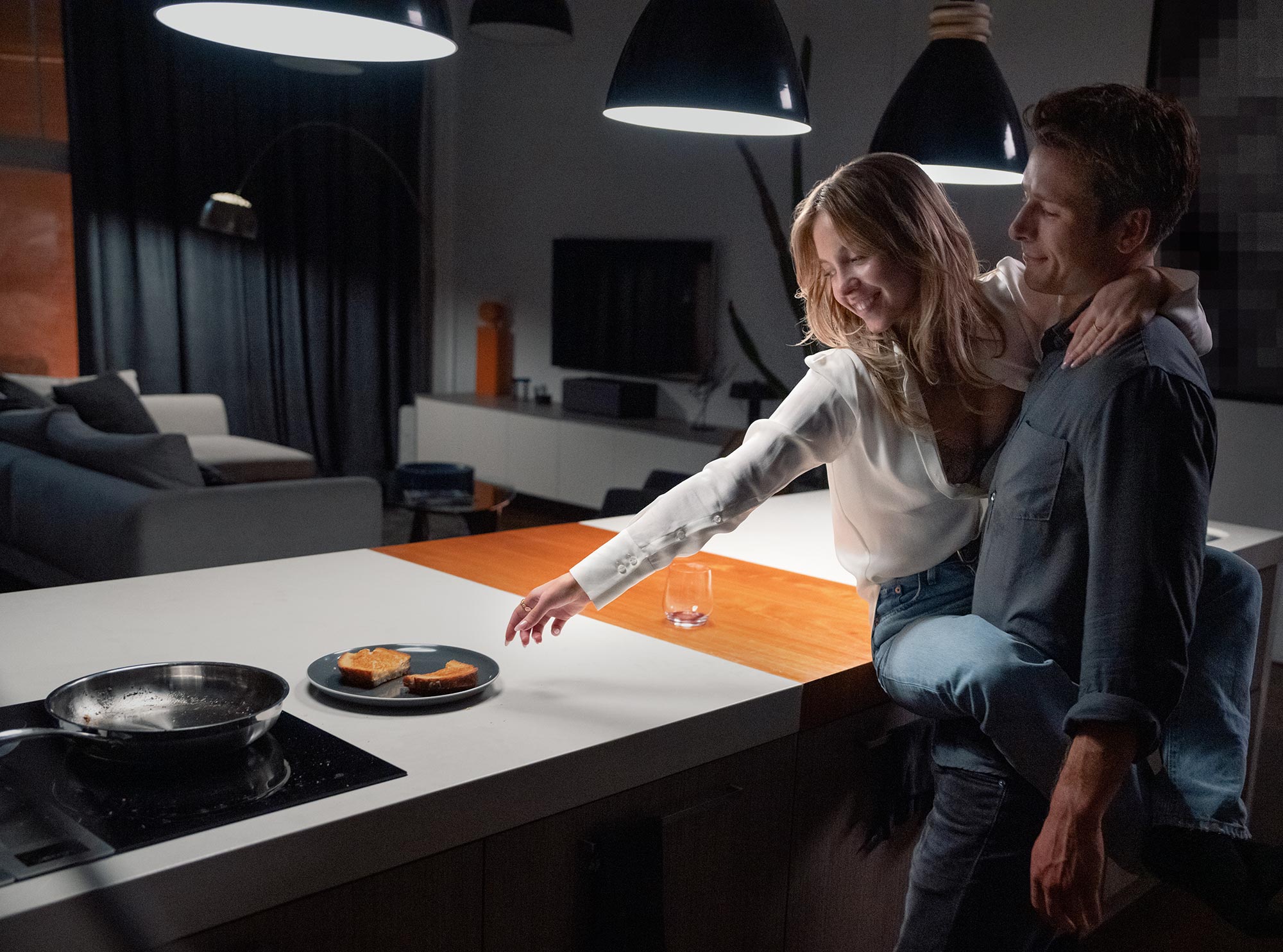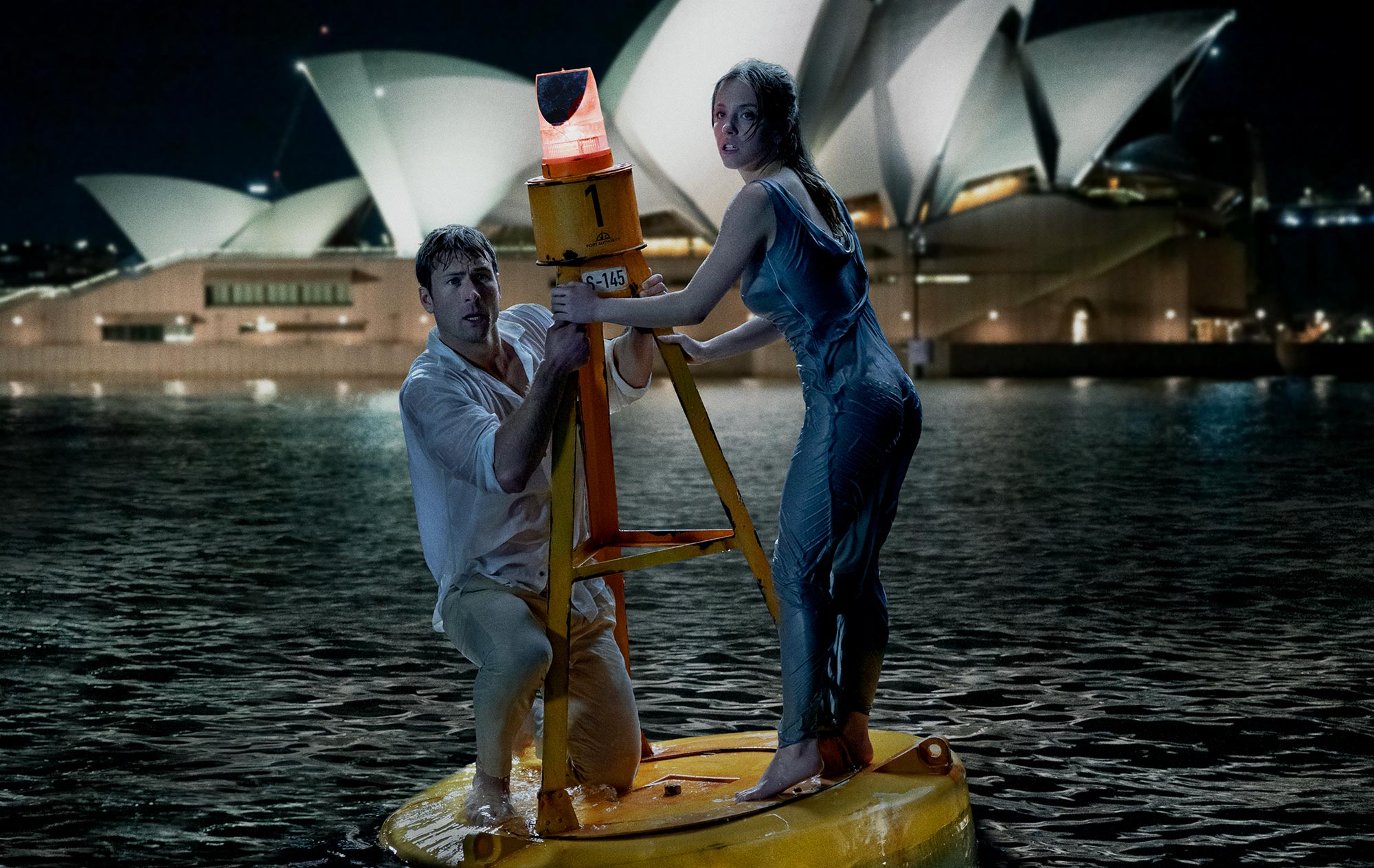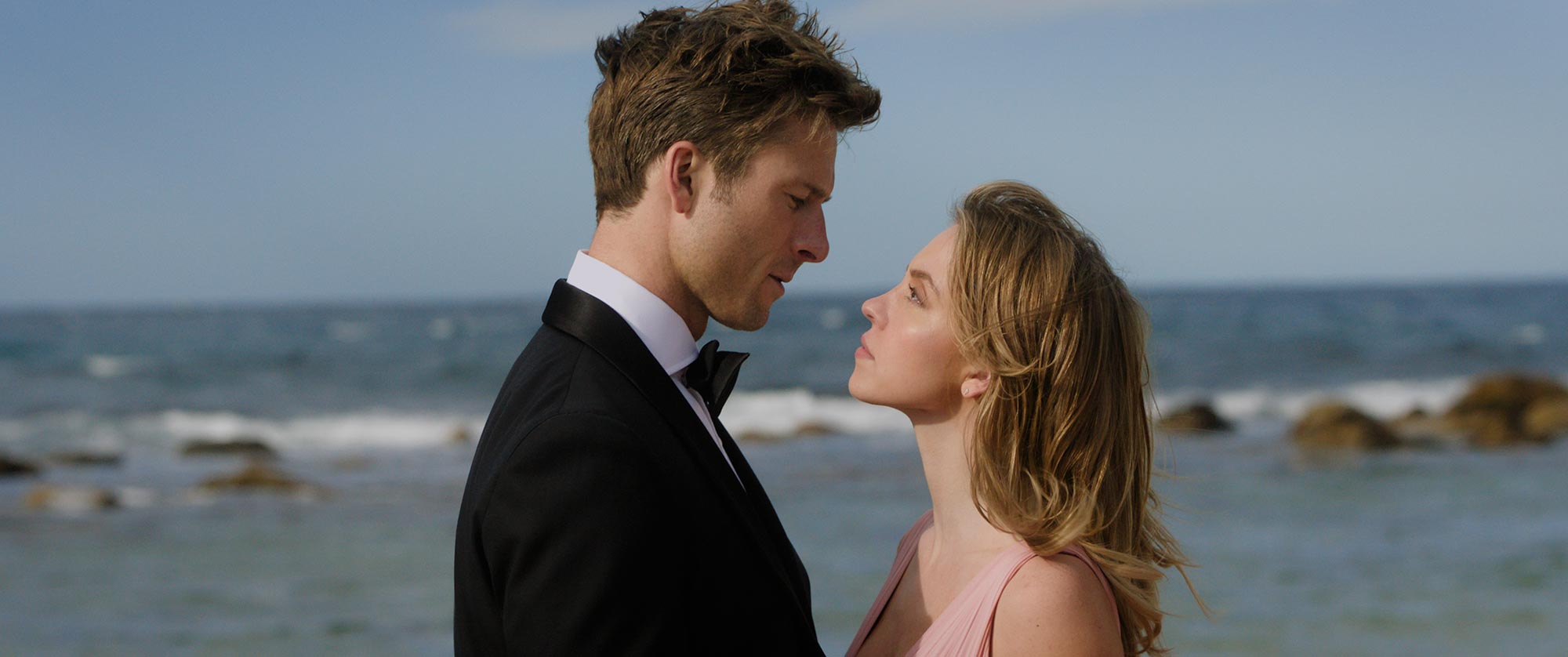Sydney Sweeney and Glen Powell’s rom-com Anyone But You is making headlines for the pair’s offscreen chemistry, but the movie also has a subtle Shakespearean backstory.
Anyone But You follows Bea (Sweeney) and Ben (Powell), who quickly become enemies after a fiery first date ends in a misunderstanding. When they’re reunited by chance at an Australian destination wedding, their family and friends intervene to try to get them back together, and they’re forced to confront their feelings for one another.
Loosely based on William Shakespeare’s comedy Much Ado About Nothing, Anyone But You is chock-full of references to its source material that could be easily overlooked by the casual viewer.
Keep scrolling for a breakdown of every Shakespeare reference in Anyone But You:
Character Names
Some of the Shakespeare references in Anyone But You are subtle, but the most obvious ones are the character names, which come straight from Much Ado About Nothing.

The play follows two main couples: Beatrice and Benedick (adapted to Bea and Ben in Anyone But You), who use witty banter to deny their romantic interest in one another, and Claudio and Hero (here named Claudia and Halle), who persevere through misunderstanding and manipulation before getting married.
Anyone But You also adapts Don Pedro into the character of Pete, Claudia’s brother, while Leonato becomes Leo, who is Halle and Bea’s father. Margaret, meanwhile, shares the same name as her play counterpart, while her lover, Borachio, becomes Beau.
The Plot & Themes
Much Ado About Nothing is set in Messina, Italy, and explores the tensions that arise among a group of characters — two romantic couples, specifically — as they navigate comedic misunderstanding and deception through witty banter.

In the play, Beatrice and Benedick meet again after a past courtship that ended in betrayal, similar to the way Ben and Bea reunite after their first date went wrong. Their battle of wits is referred to as a “merry war” as they playfully spar with one another. The meddling of the other characters in the play increases the tension between the pair, but they still end up together. This all occurs against the backdrop of Claudio and Hero’s courtship and eventual wedding.
Similarly, Bea and Ben are subject to the meddling of their friends and family in the run-up to the wedding of Claudia (Alexandra Shipp) and Halle (Hadley Robinson).
The Location
While Anyone But You takes place in the picturesque Sydney, Australia, Dermot Mulroney’s character, Leo, pays homage to the play’s original Italian setting.

“Abbondanza,” Leo proclaims while toasting the family. “As we say in our country.” Leo is clearly not referencing “his” country (either Australia or America), which leaves the other characters confused but gives a subtle nod to the Bard.
Direct Quotes
At several points in Anyone But You, characters speak lines taken directly from Much Ado About Nothing.
“Some cupids kill with arrows and some with traps,” Pete (GaTa) says while talking to his stepdad, Roger (Bryan Brown). Roger replies, “That was really good, I like that,” before Pete quips, “I just made it up.”
Halle’s wedding vows also include a quote from the play: “I love you with so much of my heart that none is left to protest.” She then tells Claudia, “I just made [that] up.”
Eavesdropping
A major theme in Much Ado About Nothing is the use of eavesdropping to manipulate characters’ love lives. In one scene, Don Pedro and Claudio talk loudly, pretending that they’ve just learned that Beatrice is in love with Benedick, hoping he’ll hear them and decide to be with her. Benedick himself is hiding among the trees and eavesdropping as they discuss him. Hero and Margaret stage the same trick on Beatrice.
Anyone But You has nearly identical scenes in which Ben eavesdrops on Pete and Roger’s “loud” conversation, and Bea listens in on a discussion between Halle and Margaret. It doesn’t have quite the same effect on Bea and Ben as it did on their play counterparts, but they end up together regardless.
Props and Setting
Throughout the movie, there are props, art and signs referencing the Shakespeare play.

As Bea leaves Ben’s apartment after their initial night together, she passes spray-painted wall art that reads, “‘Here’s much to do with hate, but more to do with love.’ — William Shakespeare,” a quote that foreshadows the Shakespeare connection as well as the love-hate relationships in both the play and the movie.
While boarding the cruise ship for the rehearsal dinner, Bea and Ben walk past a metal sign that reads, “Assume thy part in some disguise,” a quote from the play that precedes a masked ball. The rehearsal dinner acts as a “ball” of sorts, as the couples get dressed up and dance together on the boat. Prior to the rehearsal dinner, Bea pays homage to the play’s masked ball, saying to Ben, “Who knows what could happen under the cover of a masquerade?”
Thank You!
You have successfully subscribed.
When the couple spends the night together after the rehearsal dinner and Ben leaves Bea sleeping in bed, the camera pans to a book titled Men Were Deceivers Ever — another quote from the play.
Finally, in the montage set to Natasha Bedingfield’s “Unwritten” that ends the movie, Ben and Bea are seen dancing in a stadium with a huge sign above the jumbotron that reads, “Much Ado About Nothing.”
ncG1vNJzZmivp6x7tr%2FMmp6aspmjsm%2BvzqZmnqakmr%2B1rcinpJ6mpGS7psPSaJmrnZGgtq%2BzjJ2msKZdqbWmedKhmKSdo6Wyor7EZqmenpWnsq%2BvxKxkoqZdlru6u82eZJutpGLGsMGO